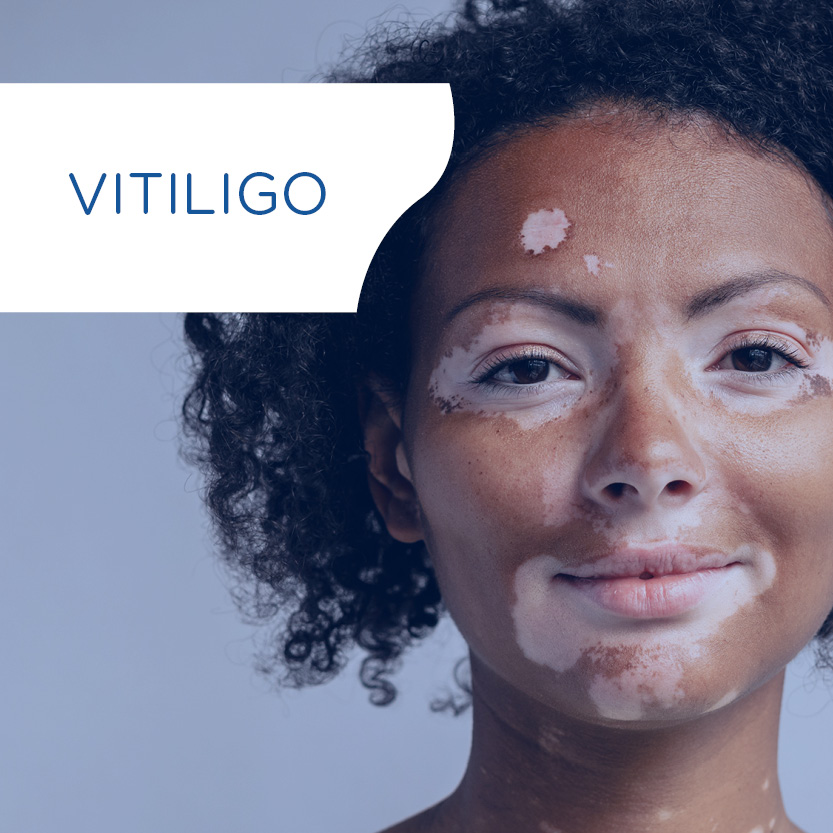Stimulation of the proliferation of human dermal fibroblasts in vitro by a lipidocolloid dressing
Journal of Wound Care, 14(5):215-20
BERNARD FX., BARRAULT C., JUCHAUX F., LAURENSOU C. and APERT L. (2005)
Urgo Laboratories, Chenôve, France.
Bioalternatives, Gençay, France.
Abstract
The effect of Urgotul on normal human dermal fibroblast proliferation was studied in vitro and compared with that of two other dressings: Mepitel and Tulle Gras.
Proliferation was measured by the extent of thymidine incorporation into the replicating DNA of proliferative fibroblasts in contact with the complete dressing. Additional cell viability and metabolism were evaluated using MTT assay. Morphology and ultrastructure analysis were based on immunolabelling and confocal laser microscopy.
Only Urgotul significantly stimulated thymidine incorporation, generally with a maximal proliferative effect at a contact time of 48 hours. This was confirmed by the observation of a greater number of dividing cells (mitotic cells) than in the control cultures. No cytotoxicity was observed following treatment with this dressing. Cells exhibited normal structural and ultrastructural features.
Fibroblasts play a key role in dermal wound repair. The ability of Urgotul to promote fibroblast proliferation could explain its efficiency in the healing process of acute and chronic wounds.
© 2005 Urgo Laboratories.
KEYWORDS: Lipidocolloid technology; Proliferation; Fibroblasts; Dressing
Check out Bioalternatives’ updates and experience new testing ideas
- Bioassays, models and services
- Posts and publications
- Events





